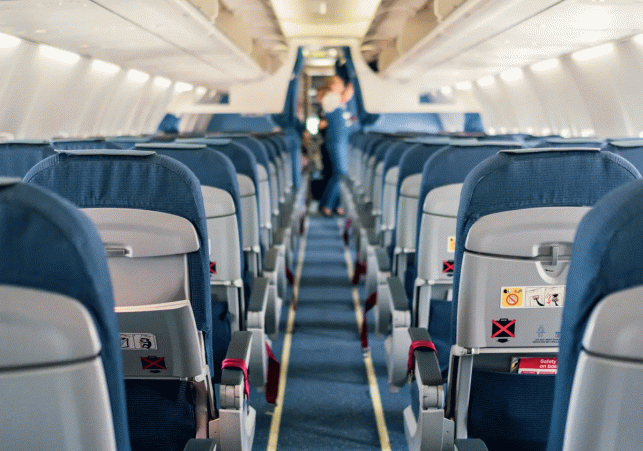
Airlines' seat charging: Why it matters and its legality
Understanding seat charging: Why airlines charge extra fees and the legal aspects
- By Gurmehar --
- Friday, 27 Oct, 2023
Passenger complaints regarding seat selection fees have surged in India, prompting calls for government intervention. The Secretary of Consumer Affairs has cautioned airlines against charging for all seats, highlighting concerns about fairness and transparency in pricing.
The unbundling of services
The origins of these charges can be traced back to the Air Transport Circular (ATC) 01 of 2021, which emphasized the unbundling of services. The circular acknowledged that airlines offer services that may not be required by every traveler, suggesting that separating these services from the basic airfare could lower costs. These services include preferential seating, food and drink (excluding water), and baggage fees, among others.
ALSO READ: Uttara Kannada Government Officials adopt pregnant women, aiding maternal health
Legal and ethical aspects
Unbundling services has a history dating back to the inception of AirAsia India, which initially charged for baggage and water. In response to public outcry, regulators established guidelines around unbundling, which have evolved over time.
The latest ATC permits charges for "preferential" seats, but in practice, almost all seats have become preferential, leading to passenger dissatisfaction. While airlines do offer some free seat selection options, families often find themselves separated, and there is no mention of a cap on the number of seats that can be charged.
ALSO READ: Former Uttarakhand CM Harish Rawat's car crashes into divider, resulting in minor injuries
From an airline's perspective, ancillary revenue from fees like seat selection is crucial, especially in a challenging economic environment. While passenger concerns about transparency and fairness are valid, airlines are driven by the need for revenue, given their thin profit margins.
Balancing passenger needs and airline finances
Regulators must strike a balance between passenger demands and airline financial stability. This balance could involve offering a minimum number of free seats or a certain percentage of free seats on each flight. The challenge lies in finding a solution that satisfies passengers without undermining airlines' financial health. Passengers may prefer bundled options that include seat selection as part of the final price, but this convenience comes at an additional cost, contributing to their concerns.




.jpg)
